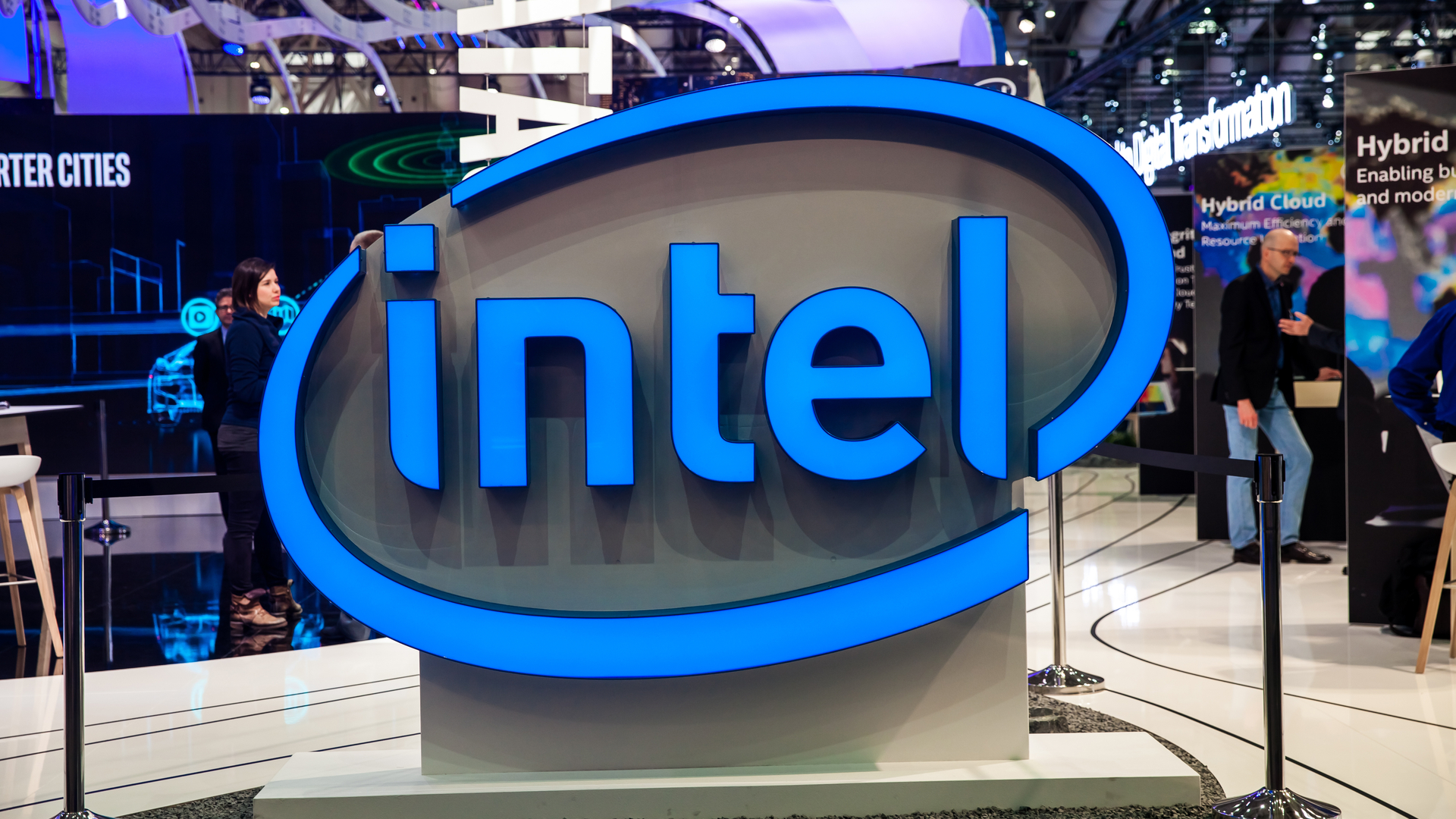Intel is working towards software-defined Xeon CPUs
This isn’t the first time Intel has tried pushing upgrades for its hardware via software

Sign up for breaking news, reviews, opinion, top tech deals, and more.
You are now subscribed
Your newsletter sign-up was successful
An Intel engineer has recently published a patch that introduces support for its Intel Software Defined Silicon (SDSi) mechanism in Linux.
According to Intel, SDSi is designed to activate additional silicon features after a processor has been deployed, and for the time being at least, is meant for the upcoming Xeon processors.
“Intel Software Defined Silicon (SDSi) is a post manufacturing mechanism for activating additional silicon features. Features are enabled through a license activation process,” wrote Intel engineer David E. Box as he put out the patch for review.
- These are the best dedicated server hosting providers
- We’ve also rounded up the best bare metal hosting services
- Here are the best cloud hosting services on the market
Parsing through the patch, Tom’s Hardware notes that the patch does not mention any specific features it will help unlock, and only gives a general overview of the post-deployment feature-enablement mechanism.
Been there, done that
Interestingly, while SDSi seems to be a major initiative, Tom’s suggests it isn’t Intel’s first attempt at offering software upgrades to its processors.
One example is Intel's Virtual RAID on CPU (Intel VROC) technology, which banks on the Intel Volume Management Device (VMD) hardware built into the CPU, and is designed to be activated using a special key.
Phoronix chimes in to add that Intel tried a similar approach to offer software upgrades to its hardware with the Intel Upgrade Service about a decade ago, which never offered Linux support and eventually fizzled out.
Sign up to the TechRadar Pro newsletter to get all the top news, opinion, features and guidance your business needs to succeed!
The patch isn’t of much help either, since all it does currently is to lay the groundwork for the authentication process for SDSi, and doesn't expose what Intel may pursue in regards to the feature upgrades.
- Check our roundup of the best VPS hosting providers
Via Tom’s Hardware
With almost two decades of writing and reporting on Linux, Mayank Sharma would like everyone to think he’s TechRadar Pro’s expert on the topic. Of course, he’s just as interested in other computing topics, particularly cybersecurity, cloud, containers, and coding.
